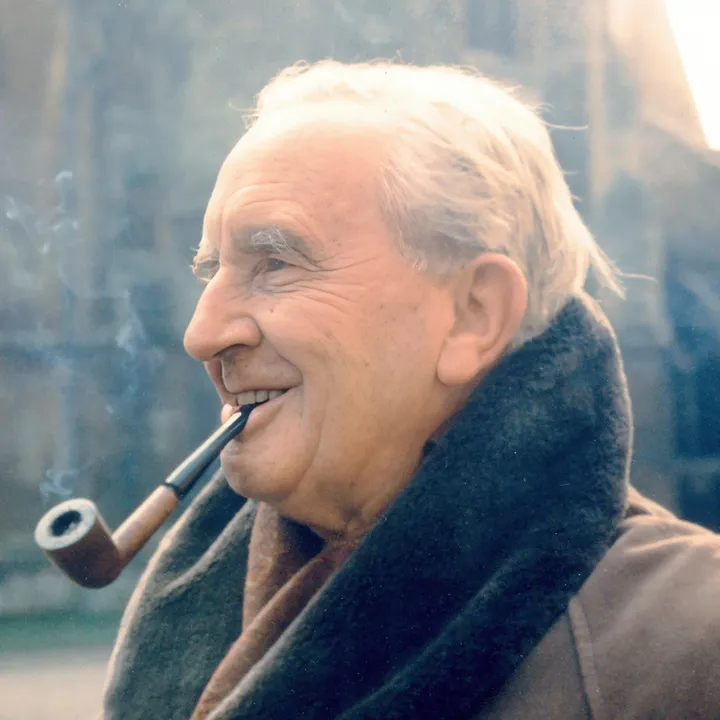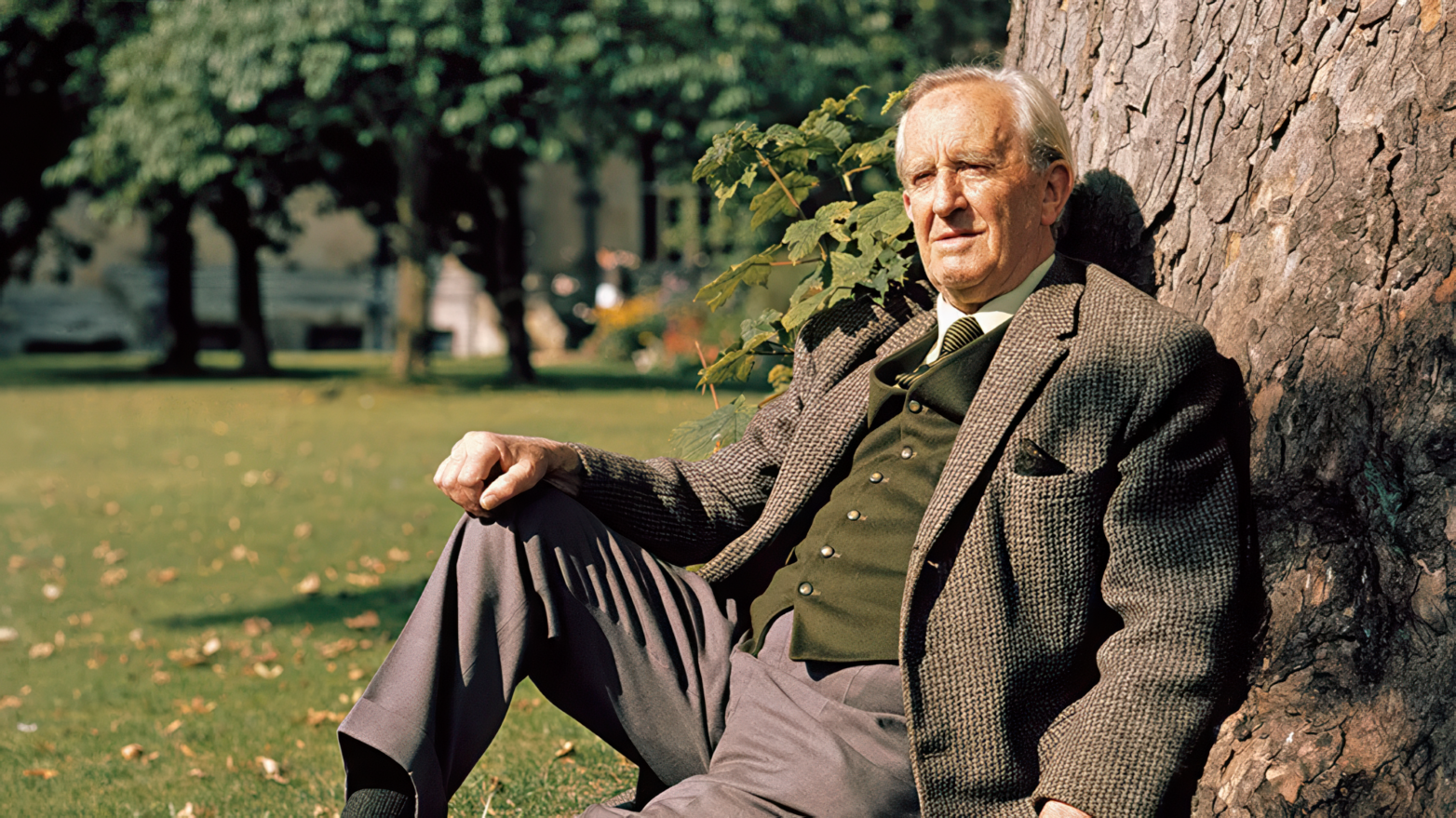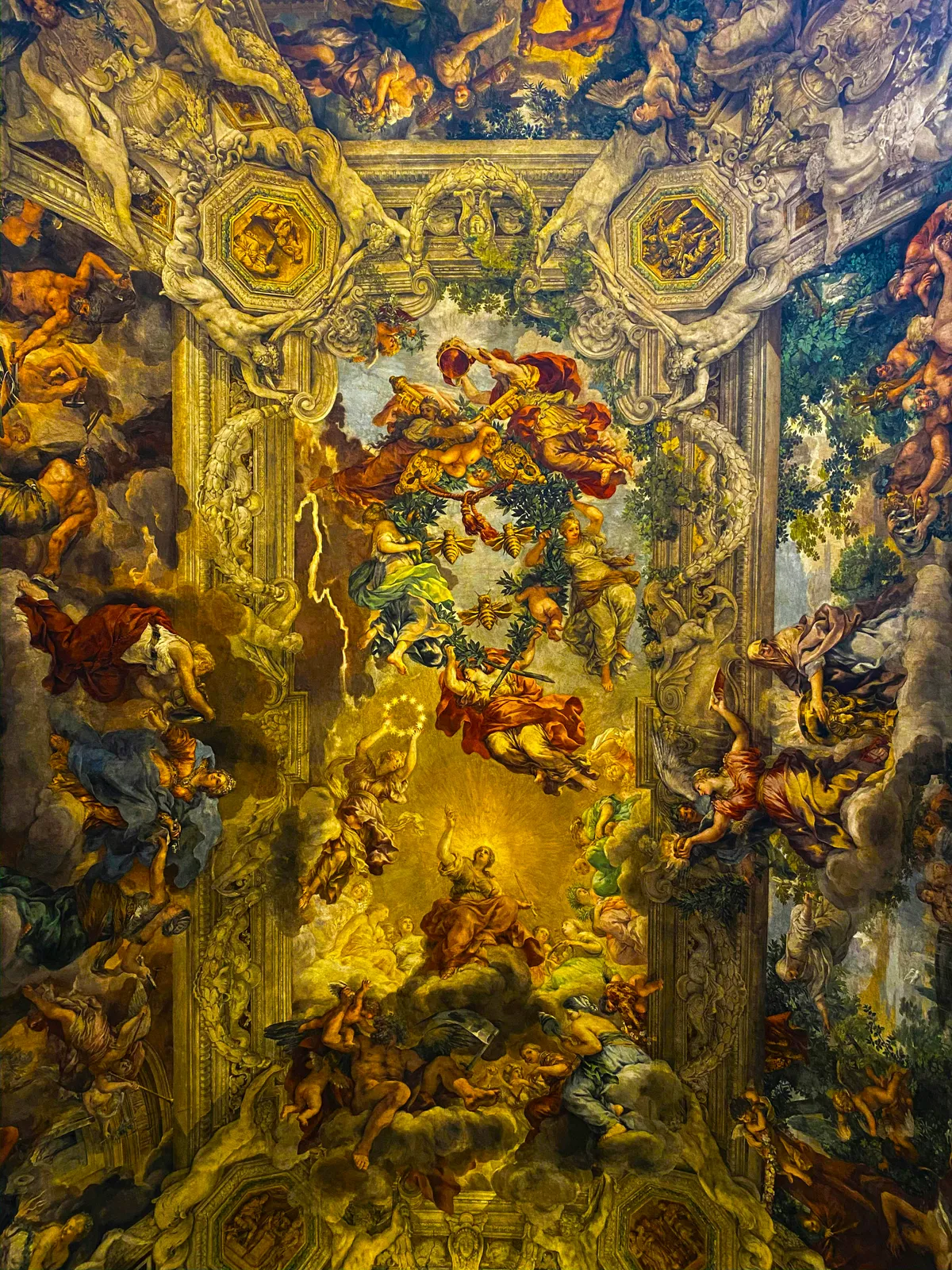Why Death Gives Us Meaning
How Tolkien's tragic youth inspired his genius

Tolkien’s literary genius is unmatched. The Hobbit and Lord of the Rings are masterpieces that synthesize his Catholicism with mythology, language, poetry, and literary archetypes of the Hero’s Journey. In other words, his fiction is far more than mere fantasy.
His stories are filled with wisdom and inspiration that instill hope, joy, and courage in a world fraught with darkness and despair. But what inspired his genius?
Tolkien had many well-documented influences. One can point to his love of myth, language, and poetry, or his “Inklings” literary group, yet one subject influenced him more than all of these combined. It was a “muse” that haunted him in childhood and followed him throughout his life. That muse was none other than death itself.
Ironically, Tolkien became a gentle and joyous soul because death blighted his youth.
Here then, is how grief and loss inspired Tolkien’s literary genius — and why death is vital for a meaningful life...
Reminder: you can support us and get tons of members-only content for a few dollars per month 👇
- Two full-length, new articles every single week
- Access to the entire archive of useful knowledge that built the West
- Get actionable principles from history to help navigate modernity
- Support independent, educational content that reaches millions
A Childhood of Tragedy
Tolkien was born 1892 in South Africa. Tragedy struck early — his father died from illness when Tolkien was just 3 years old. His mother returned with him to England, planning to give her son an education. They settled in the rural town of Sarehole where Tolkien was homeschooled.

He took a liking to learning, especially Latin, and excelled in his studies while developing an insatiable curiosity and love for exploring the rural countryside of Sarehole. The wonders of lush green grass, meadows, and forests filled his mind with awe — it later inspired the setting of The Shire in Lord of the Rings.
Unfortunately for Tolkien, though, the good times wouldn't last...
Tragedy struck again when he was 12. His mother died of illness, and he became an orphan. He spent the next 9 years in an orphanage overseen by his priest and guardian — Fr. Francis Morgan. The boy was cared for, but lonely and isolated. Only his education kept him going. Tolkien fell in love with poetry, myth, and language, and began creating his own languages and stories which helped him cope with his grief.
At age 21, Tolkien finished his studies with honors, and married Edith Bratt — his childhood sweetheart. She was kind hearted, loyal, and devoted to Tolkien, and became his inspiration for the rest of his life. Despite the happy marriage, however, Tolkien had more dark days ahead of him.
Trench Warfare and Literature
By the time of his marriage, WWI was in full swing. Tolkien enlisted as a lieutenant and fought in the Battle of the Somme, where he was immersed in a world of horrors: trenches filled with mud, blood, and rotting corpses, and machine gun fire that never stopped rattling overhead. Soldiers couldn’t even find solace in sleep — rat infestations and lice made it a terror to even close your eyes.
Tolkien was one of the lucky ones. Overcome with illness, he was discharged from battle, and spent two years in recovery. As for his friends, all but one of them died in the war. All things considered, the war cast a long shadow that followed Tolkien for life.
After his discharge, Tolkien sought a career in education. Granted a professorship at Oxford, he thrived in academia and adored the environment of intellectuals who shared his love of learning, language, and storytelling.
Most famously, he befriended C.S. Lewis. The two bonded over a shared love of mythology and formed the famous literary group the “Inklings.” It consisted of 19 like-minded intellectuals who met weekly at local pubs. Here, they discussed all things literature, and shared their own writings. It was in these meetings where Tolkien conceived of, and wrote to completion, his ideas for The Hobbit and Lord of the Rings. But he was far from an overnight success…
The Hobbit began as a small idea. Tolkien struggled at first — he didn’t believe the story had merit, but the Inklings felt otherwise. They were profuse in their encouragement, and Tolkien persevered despite his uncertainties. His writing pace was slow, meticulous, and grueling, but after a decade, he finally finished the work. It took the literary world by storm, selling millions of copies. Likewise, the Lord of the Rings took a long time — 17 years — but once again, his efforts paid off. LOTR became an international sensation selling over 100 million copies and launching multiple T.V. and film adaptations.
But why did Tolkien’s writing resonate so deeply with audiences worldwide?
For one, he wrote in the mid-20th century — a time of despair where the world was plagued by World Wars, authoritarian political regimes, and fears of nuclear holocaust. And modernity was in full-swing; mankind had grown skeptical of religion, morality, and meaning in life. In this hot-bed of nihilism, Tolkien crafted fantasy stories that were deeply classical. His stories are rooted in archetypes of heroism, in which the heroes hold onto hope in a world of despair, and conquer darkness with the help of providence and grace. Essentially, his fiction was an affirmation that life is fundamentally good and worth fighting for.
Still, one might wonder — how did Tolkien come to this conclusion? By age 25, he had lost almost all of his loved ones and carried the trauma of war. He didn’t have a happy life, and didn’t enjoy any literary success until he was near 50. How could such a man who lost everything, and have so little, be so hopeful?
The Muse of Death
Later in life, Tolkien gave an interview with the BBC at the height of his success. The interviewer asked what influence WWI had on his life and writing. His response:
“Human stories are practically always about one thing, really, aren't they? Death. The inevitability of death… There is no such thing as a natural death. Nothing that ever happens to man is natural, since his presence calls the whole world into question. All men must die, but for every man his death is an accident, and even if he knows it he would sense it an unjustifiable violation. Well, you may agree with the words or not, but those are the key spring of The Lord Of The Rings”
So Tolkien’s writing was about coming to terms with death. It's reminiscent of the Socratic idea that “to live is to learn how to die.” So what exactly was Tolkien’s answer to the meaning of death? Interestingly, he called it a “gift”...

In The Silmarillion, Tolkien’s prequel to LOTR, Middle Earth is filled with Elves and Men. The Elves are immortal, but the men are mortal. Tolkien writes that men were given the “gift” of death — a gift that even the elves envied.
But why was death a gift?
Death was a gift because it gave men limitations, and limitations made their lives meaningful. Their limited time inspired them to greatness of soul — to become heroes of valor, to create, and build, and do great deeds. Best of all, when they died, they would return to Eru, the god of their universe, to live in bliss.
This wasn’t just fiction — this was Tolkien’s answer to the meaning of life. Death is tragic, painful, and agonizing, but it’s precisely death that teaches us to value every waking moment. It’s what enables us to find meaning, awe and wonder, even in the most mundane moments of life.
Most importantly, death reminds us of the ultimate truth — this world is not our home. Man was not made for this world, but something beyond this world. Death then, leads you to the truth of life, that destiny awaits you on the other side. Your duty is to prepare for your destiny as best as you can. To live well, Tolkien believed, was not to flee from death — but to live each moment as if destined for eternity.

